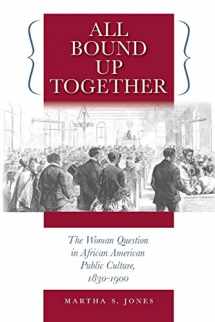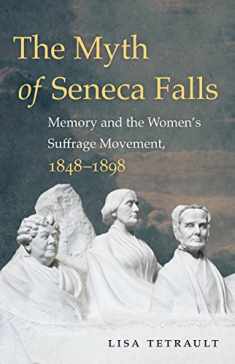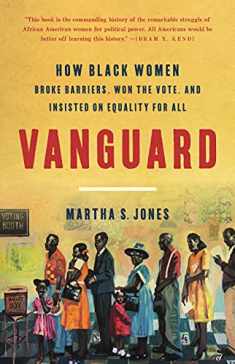
All Bound Up Together: The Woman Question in African American Public Culture, 1830-1900 (The John Hope Franklin Series in African American History and Culture)
Book details
Summary
Description
The place of women's rights in African American public culture has been an enduring question, one that has long engaged activists, commentators, and scholars. All Bound Up Together explores the roles black women played in their communities' social movements and the consequences of elevating women into positions of visibility and leadership. Martha Jones reveals how, through the nineteenth century, the "woman question" was at the core of movements against slavery and for civil rights. Unlike white women activists, who often created their own institutions separate from men, black women, Jones explains, often organized within already existing institutions-churches, political organizations, mutual aid societies, and schools. Covering three generations of black women activists, Jones demonstrates that their approach was not unanimous or monolithic but changed over time and took a variety of forms, from a woman's right to control her body to her right to vote. Through a far-ranging look at politics, church, and social life, Jones demonstrates how women have helped shape the course of black public culture.


We would LOVE it if you could help us and other readers by reviewing the book
Book review





